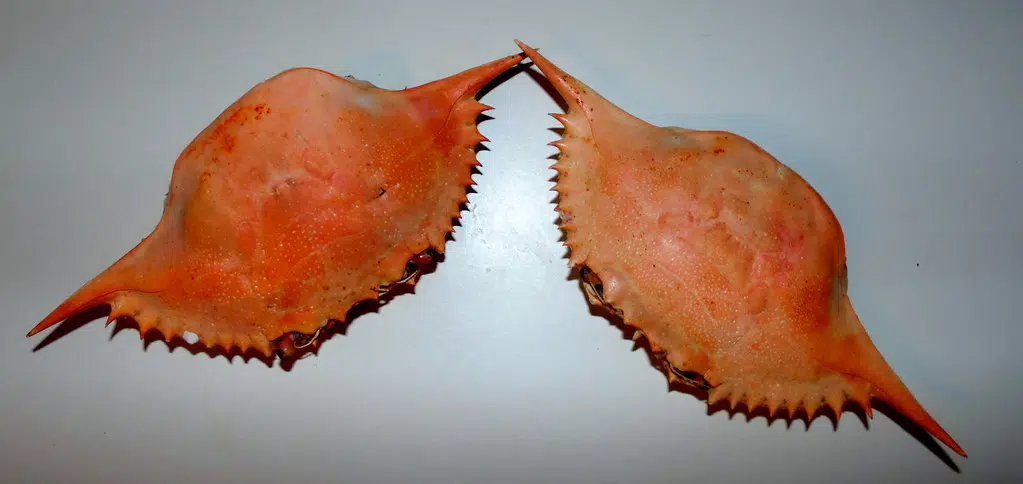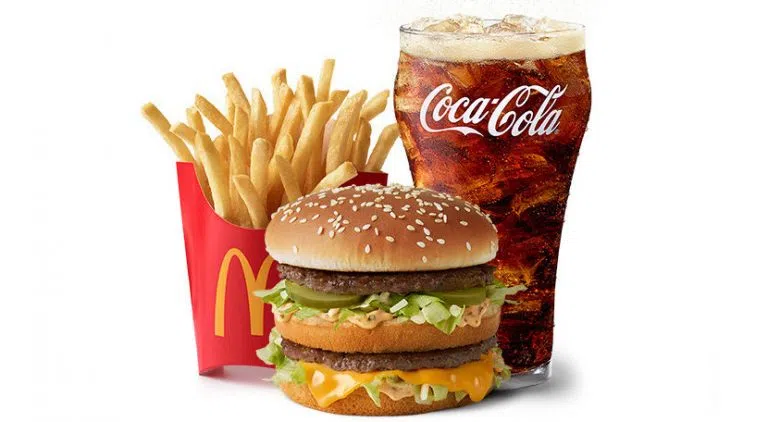One of the biggest problems with electric cars is the battery. Lithium is a rare metal and its used in most modern batteries. While there are certainly options being explored that can power homes, and others for smaller devices like your watch or phone; the car is in the middle. Some scientists have come up with a potential solution; though some might think it’s a little fishy.
“Vast quantities of batteries are being produced and consumed, raising the possibility of environmental problems,” says lead author Liangbing Hu, director of the University of Maryland’s Center for Materials Innovation, in a media release. “For example, polypropylene and polycarbonate separators, which are widely used in Lithium-ion batteries, take hundreds or thousands of years to degrade and add to environmental burden.”
It’s a zinc battery with a biodegradable electrolyte that uses discarded shells from shellfish. Specifically it uses the major structural component of crustaceans called chitin. It’s abundant in the outer shells of crabs, lobsters, and shrimp. In fact, most insects exoskeletons also contain chitin. The substance holds the key to satisfying the motor industry’s growing demand for renewable energy, according to the study authors. The new zinc battery has a biodegradable electrolyte containing chitin extracted from crab shells.








Comments